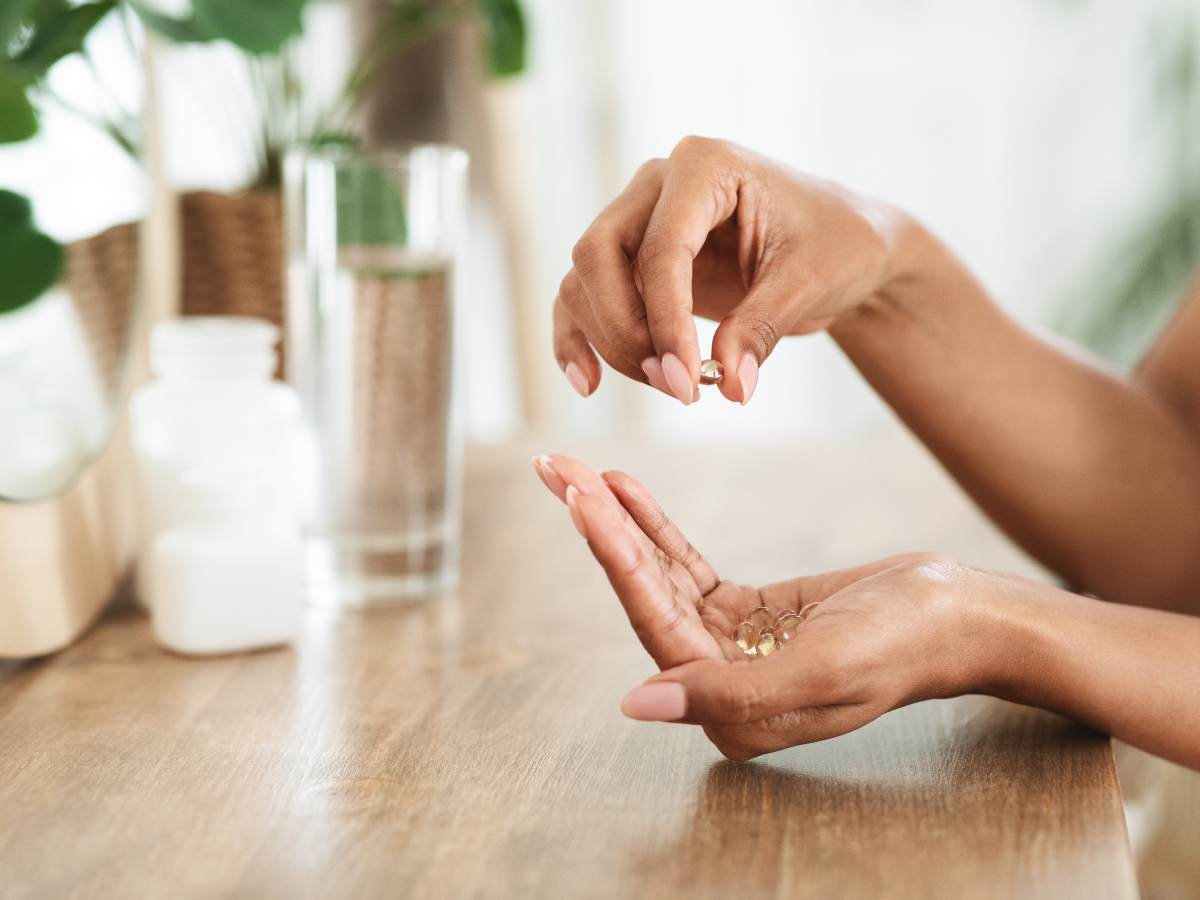Diet for Glowing Skin in 10 Days: Transform Your Complexion Naturally
Diet for Glowing Skin in 10 Days: Transform Your Complexion Naturally Paragraph edit post Diet for Skin Health Diet for...

Achieving glowing skin isn’t just about skincare products—your diet plays a critical role in how your skin looks and feels. A well-balanced, nutrient-rich diet for glowing skin provides the essential vitamins, antioxidants, and healthy fats that nourish your skin from the inside out. By focusing on specific foods, you can enhance your complexion, improve hydration, and prevent premature aging.
This guide explores the best foods to include in a diet for glowing skin and how they work to promote a radiant, youthful complexion.
The foods you eat can either enhance your skin’s natural glow or contribute to dullness and breakouts. A diet high in processed foods, sugar, and unhealthy fats can lead to inflammation, breakouts, and premature aging. On the other hand, consuming foods packed with vitamins, antioxidants, and healthy fats helps repair skin cells, fight free radicals, and boost collagen production.
Studies show that a nutrient-rich diet can improve skin’s elasticity, hydration, and overall appearance by providing the building blocks for healthy skin cells.
Berries, such as blueberries, strawberries, and raspberries, are rich in antioxidants, particularly Vitamin C, which boosts collagen production and fights oxidative stress. Collagen is the protein that keeps your skin firm and smooth, while antioxidants protect your skin from free radicals that cause premature aging.
Tip: Add a handful of berries to your morning smoothie or yogurt for a simple, skin-loving boost. Learn more about how berries improve skin health by reducing inflammation and enhancing collagen production.
Avocados are loaded with healthy fats, especially monounsaturated fats, which help keep your skin hydrated and supple. They are also rich in biotin, a B-vitamin that’s essential for healthy skin, hair, and nails. The antioxidants and vitamins in avocados can help reduce redness and improve skin elasticity, giving you a smooth, glowing complexion.
Tip: Mash avocados onto whole-grain toast or add them to salads to boost your skin’s hydration from the inside out. Discover more about the skin benefits of avocados.
Fatty fish like salmon, mackerel, and sardines are rich in omega-3 fatty acids, which play a crucial role in keeping your skin hydrated and maintaining its elasticity. Omega-3s also reduce inflammation, which can help prevent acne and redness, while keeping your skin smooth and glowing.
Tip: Include fatty fish in your meals 2–3 times per week to enjoy the full range of skin-boosting benefits. Learn more about the benefits of omega-3s for maintaining a hydrated, youthful complexion.
Leafy greens like spinach, kale, and Swiss chard are packed with essential vitamins like A, C, and E, which help repair damaged skin, boost collagen production, and protect your skin from environmental damage. They also contain antioxidants that reduce inflammation and detoxify your skin, promoting a clearer, more radiant complexion.
Tip: Add leafy greens to your salads, smoothies, or stir-fries for a quick, skin-boosting meal. Read more about how leafy greens support healthy skin by reducing oxidative stress and inflammation.
Nuts like almonds and walnuts, along with seeds such as flaxseeds and chia seeds, are packed with omega-3 fatty acids and Vitamin E. Vitamin E is a powerful antioxidant that helps protect your skin from sun damage, while omega-3s help maintain your skin’s moisture balance, preventing dryness and flakiness.
Tip: Snack on a handful of almonds or sprinkle chia seeds on your yogurt for an easy, nutrient-rich skin boost. Learn how nuts and seeds support skin health with their powerful combination of nutrients.
Tomatoes are rich in lycopene, a potent antioxidant that helps protect your skin from UV damage and improves skin texture. Lycopene has been shown to prevent sunburn and reduce the long-term effects of sun exposure, such as wrinkles and age spots. Cooked tomatoes, such as in sauces and soups, have even higher lycopene levels.
Tip: Incorporate cooked tomatoes into your diet through sauces, soups, or pastas to enhance your skin’s defense against UV damage. Learn more about the benefits of lycopene for skin protection.
Dark chocolate with at least 70% cocoa is rich in flavonoids, which improve blood flow to the skin, increase hydration, and protect your skin from sun damage. Flavonoids also help improve skin elasticity, giving you a smoother, more youthful appearance.
Tip: Indulge in a small piece of dark chocolate as a daily treat to boost your skin’s hydration and protection from environmental damage. Learn more about how dark chocolate benefits skin through its antioxidant properties.
Achieving glowing skin starts with what you put on your plate. By incorporating the best foods for glowing skin, such as avocados, berries, leafy greens, and omega-3-rich fish, you can nourish your skin from the inside out. These nutrient-packed foods help reduce inflammation, enhance hydration, and promote collagen production, all of which lead to a smoother, more radiant complexion.
Start adding these superfoods to your daily meals, and experience the glowing, youthful skin you’ve always wanted!
Diet for Glowing Skin in 10 Days: Transform Your Complexion Naturally Paragraph edit post Diet for Skin Health Diet for...
Vegetables Good for Skin: Top Choices for a Good Complexion Paragraph edit post Diet for Skin Health Best Foods for...
Fruits Good for Skin: Top Picks for a Radiant Complexion Paragraph edit post Diet for Skin Health Best Foods for...